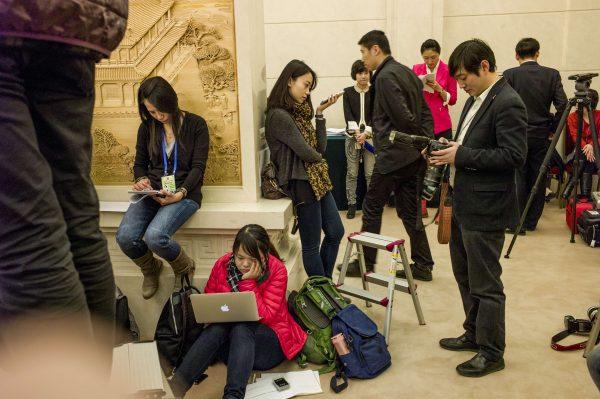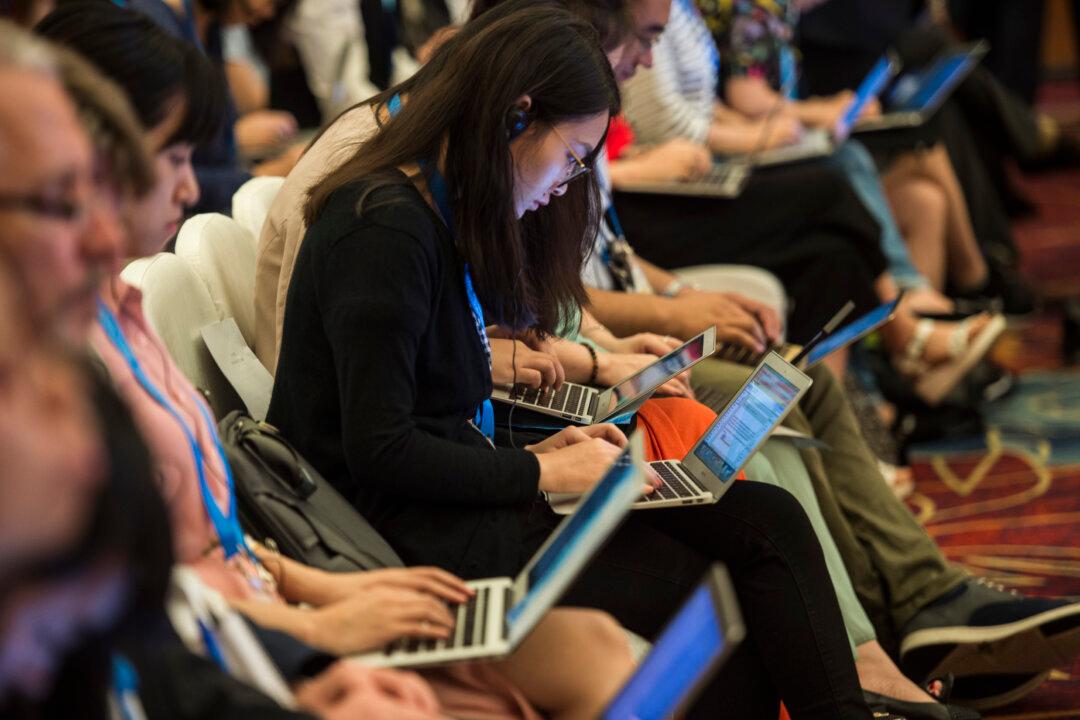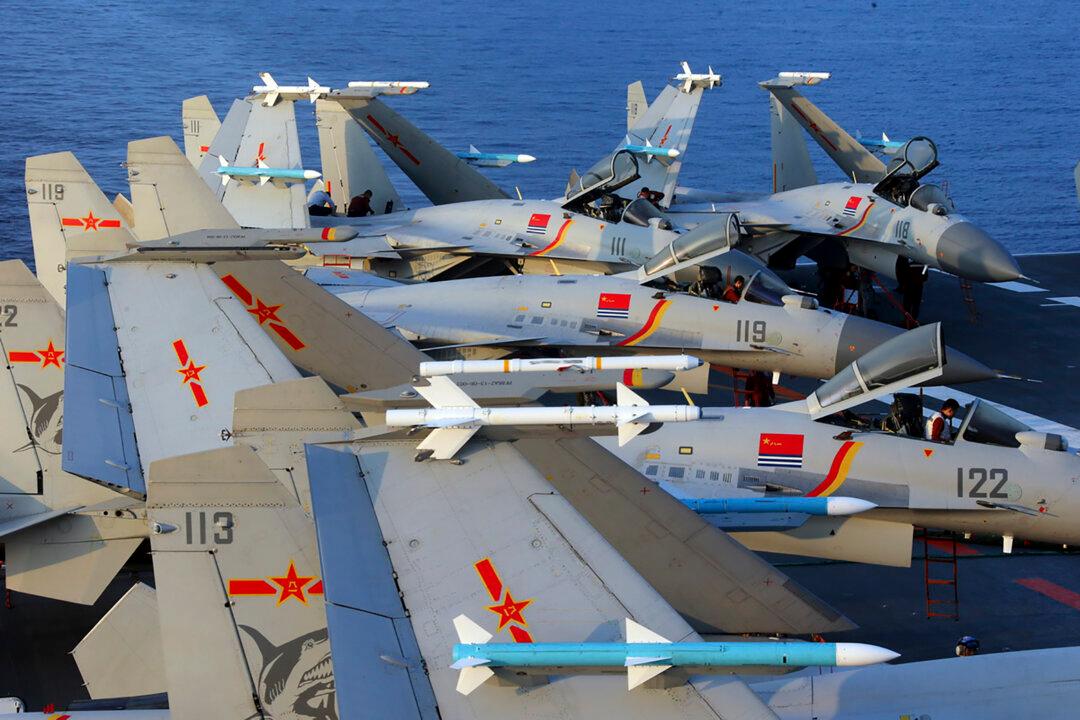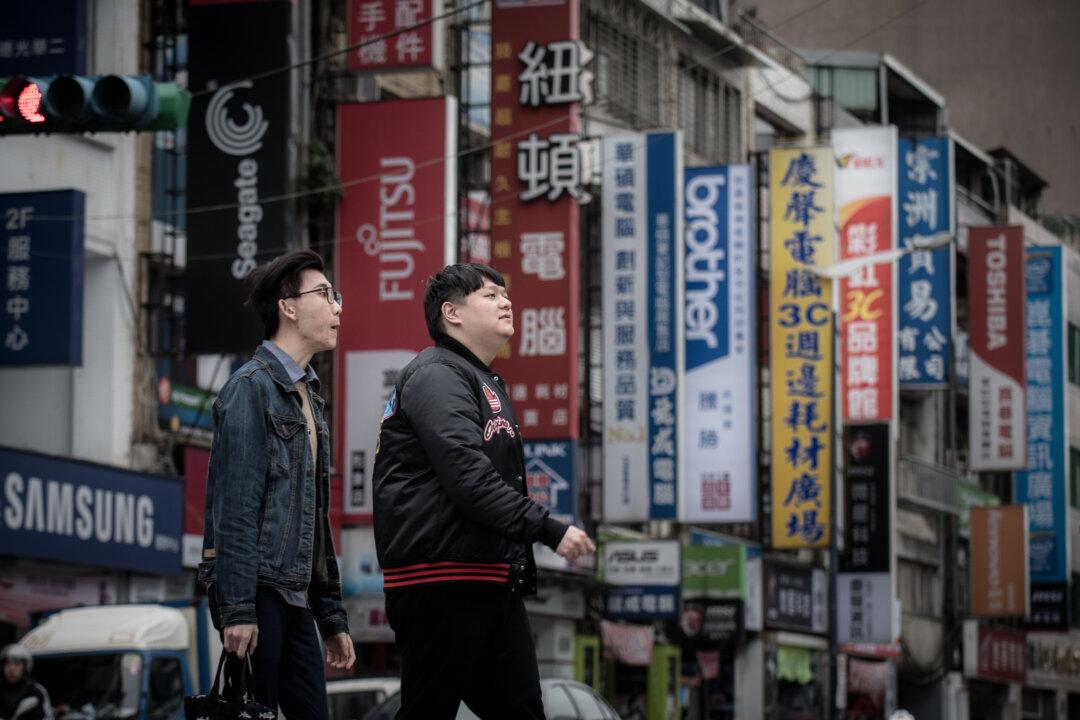Despite the emergence of a new generation of talented reporters and a radical transformation into the digital age, mass media in China across the board are still firmly controlled and censored by the Chinese regime, according to observers. Investigative journalism, the type of reporting that is often considered the lifeblood of a healthy democracy and open society, remains an extremely risky endeavor in China that is desperately needed but practiced by few.
“The dominant media policy in China since the Mao era has really remained quite constant,” said Maria Repnikova, an assistant professor of global communication at Georgia State University, “the idea that the media should serve the party’s interest has not really transformed.”
Similar to other countries around the world, the traditional print media in China has witnessed a steep decline in recent years due to digitalization, with readers moving to internet platforms and social media. According to Repnikova, however, the Chinese regime quickly moved to subsidize and establish control over the new platforms and media apps.
 As a result, the radical transformation of media in the internet age has contributed little if any opening up or “liberalization” of China’s media landscape. Through its dominant control over digital media, the Chinese regime continues the intensification and centralization of censorship, dissemination of propaganda, and a coerced infusion of the party’s ideology onto the minds of the Chinese people.
As a result, the radical transformation of media in the internet age has contributed little if any opening up or “liberalization” of China’s media landscape. Through its dominant control over digital media, the Chinese regime continues the intensification and centralization of censorship, dissemination of propaganda, and a coerced infusion of the party’s ideology onto the minds of the Chinese people.Even contents from Chinese state media are sometimes blocked from circulation when the Chinese regime seeks to reduce the visibility of certain topics in the public eye, according to Sarah Cook’s research.

Repnikova also pointed out that investigative journalism, a practice that is highly-regarded in Western media reporting and is often considered the backbone of the profession, exists only in “selected pockets” in China, although it is not “completely dead.”
Journalists in China, according to Repnikova, are often forced into a “fluid collaboration” with the party and only investigate officials who are already under investigation and are about to fall from power. “So instead of [Chinese journalists] being the first to get the story, the scoop, they’re the ones helping to expand the scoop.”
In response to a question posed by a former journalist in China, Repnikova said that deep down in their hearts there are indeed a number of Chinese journalists who want to do reporting to serve the public interest and who don’t share the regime’s vision of “helping the state,” yet when they “test the limits” they still end up staying within the edge imposed by the censors.
“[They do so] not because they necessarily believe or fully endorse the collaboration [with the government],” said Repnikova, “but because that’s a pragmatic decision that they make in terms of surviving in the system.”




